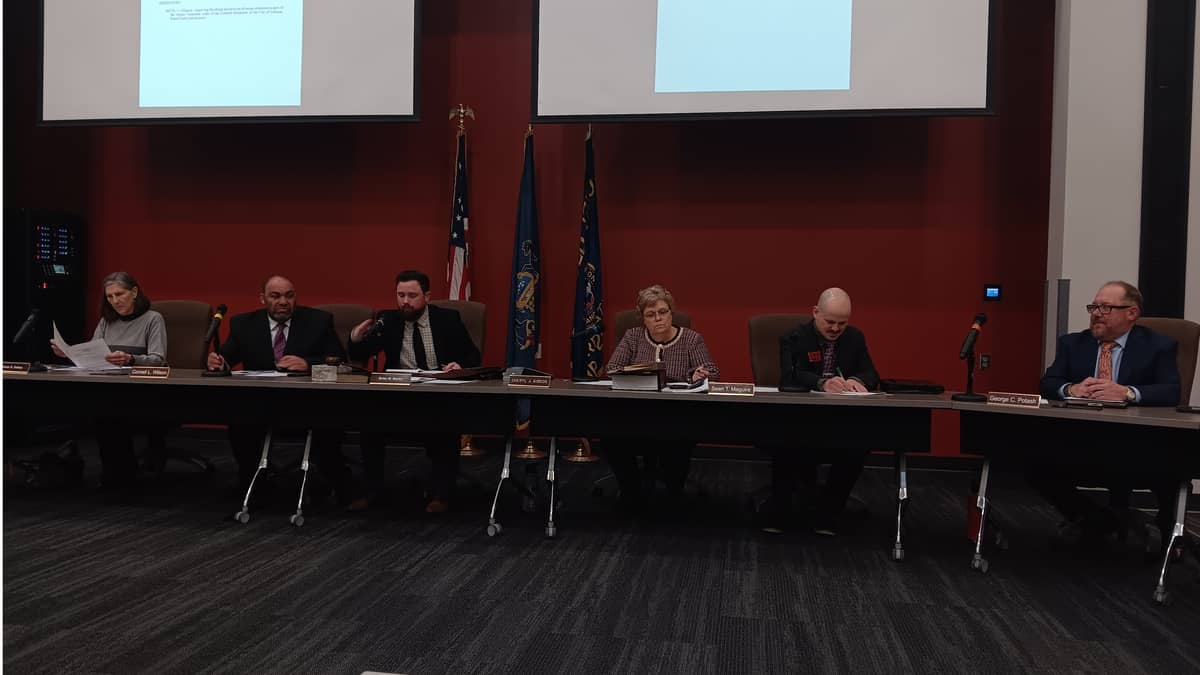Joining 21 others, the Borough of Richland is the latest Lebanon County municipality to receive payment from the American Rescue Plan Act’s Coronavirus Local Fiscal Recovery program.
The state Treasury Department, in the newest batch of allocations, announced Aug. 5 that it had paid out $86 million combined to Richland and 85 other cities, boroughs and townships.
Richland’s share was $84,363.38. A second payment of that amount will be disbursed in a year or so, for a total of $168,726.76.
Attempts to reach borough officials for comment on where the funds might be used were unsuccessful. So far, Pennsylvania has distributed $472 million in coronavirus recovery money to 2,204 state municipalities.
The American Rescue Plan Act deputized states to hand out these federal funds to municipalities with fewer than 50,000 residents. Pennsylvania has 2,500-plus municipalities that qualify, the state Treasury Department said.
More money will be given out over the next few weeks as the Pennsylvania Department of Community and Economic Development reviews and approves applications submitted before the Aug. 2 deadline.
In previous batches over the past several weeks, the state Treasury Department disbursed funds to Cleona, Cornwall, Mount Gretna, Myerstown and Palmyra boroughs, and Annville, Bethel, East Hanover, Heidelberg, Jackson, Millcreek, North Annville, North Cornwall, North Lebanon, North Londonderry, South Annville, South Lebanon, South Londonderry, Swatara, West Cornwall and West Lebanon townships.
Larger population units apply to the U.S. Department of the Treasury for coronavirus recovery payments. Lebanon County received more than $27.5 million for its initial allocation, while the City of Lebanon was given in excess of $16.6 million to start.
Even though Lebanon’s population is less than 50,000, it is considered a metropolitan city by the federal Treasury Department.
According to a U.S. Treasury fact sheet, the payments may be used for the following:
- Supporting public health expenditures, such as funding for pandemic mitigation efforts, medical expenses, behavioral health care and certain public health and safety staff.
- Addressing adverse economic impacts caused by the public health emergency, including economic harm to workers, households, small businesses, industries and the public sector.
- Replacing lost public sector revenue, by closing budget shortfalls and avoiding cuts to government services.
- Giving premium pay to essential workers who have the greatest health risks because of their service in critical sectors. Among those listed in this category are staff in hospitals, nursing homes and home-care settings; workers at farms and food production facilities, grocery stores and restaurants; janitors and sanitation workers; public health and safety staff; truck drivers, transit staff and warehouse workers; child care workers, educators and school staff; and social services and human services staff.
- Investing in water, sewer and broadband infrastructure, such as improving access to clean drinking water, supporting wastewater and stormwater infrastructure, and expanding residents’ access to broadband internet.
Read More: Federal relief payments made to 17 Lebanon County municipalities
Read More: Jackson and Annville townships the latest to receive coronavirus recovery funds (Update)
Read More: Mount Gretna Borough, West Cornwall Twp. get coronavirus recovery funds (Update)
Questions about this story? Suggestions for a future LebTown article? Reach our newsroom using this contact form and we’ll do our best to get back to you.

Support local journalism.
Cancel anytime.
Monthly Subscription
🌟 Annual Subscription
- Still no paywall!
- Fewer ads
- Exclusive events and emails
- All monthly benefits
- Most popular option
- Make a bigger impact
Already a member? Log in here to hide these messages
Free local news isn’t cheap. If you value the coverage LebTown provides, help us make it sustainable. You can unlock more reporting for the community by joining as a monthly or annual member, or supporting our work with a one-time contribution. Cancel anytime.

























